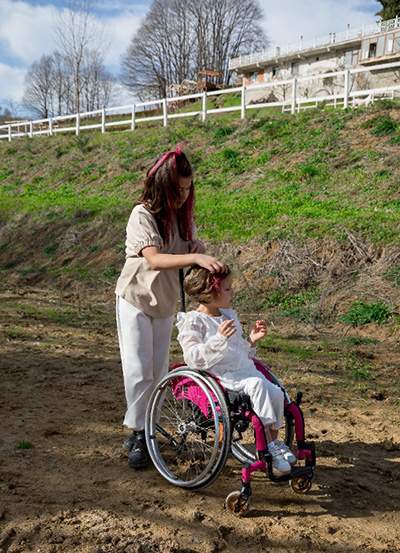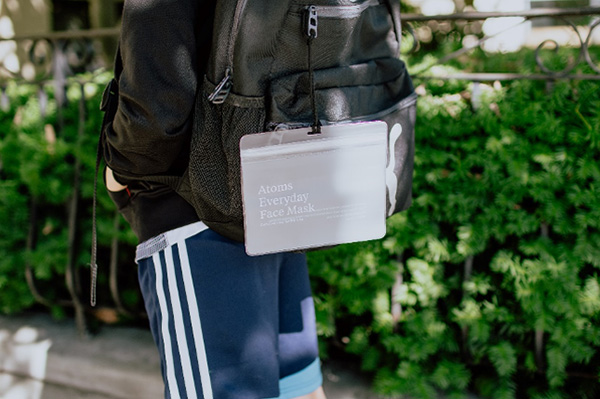Adolescent carers in the UK were more at risk of experiencing psychological distress and poor mental well-being during the COVID-19 pandemic than their non-carer peers. The finding, by Tohoku University researchers in Japan, was published in the Journal of Adolescent Health and highlights the urgent need for better support systems for young carers.
There are approximately 800,000 young carers in the UK, defined as anyone under the age of 18 who looks after someone who is ill, disabled or elderly in need of care, without being paid. During the COVID-19 pandemic, most adolescent carers in the UK experienced growing pressures due to school closures, the disruption of established routines and a lack of breaks from home life and caring roles.
"While some studies have looked at the short-term effects of the first UK national lockdown, little is known about the long-term consequences of COVID-19 on adolescent health," says Miharu Nakanishi at the Tohoku University Graduate School of Medicine.

ⒸTohoku University
Nakanishi and colleagues in Japan and the UK examined the connection between the caring status of adolescents and their mental health outcomes before and during the pandemic.
They analysed data from 3,927 people who took part in two surveys, including 3,616 non-carers and 311 adolescent carers. The Millennium Cohort Study is collecting data on the physical and mental health of 18,818 people born across the UK between 2000 and 2002. The COVID-19 survey was launched in May 2020 to explore the pandemic's effect on the lives of people from different generations and backgrounds.
The researchers combined data from the two surveys to explore how the psychological symptoms and mental well-being of young carers were impacted by the pandemic. Psychological symptoms were measured using the Kessler Distress Scale, which asks participants to rate their own anxiety and depressive symptoms. Mental well-being was measured using the Warwick-Edinburgh Mental Well-being Scale, a set of questions designed to test different aspects of positive mental health.
They found that, compared with non-carers, the adolescent carers in the study reported higher psychological distress and lower mental well-being scores during the pandemic. Compared with non-carers, adolescent carers experienced significantly lower scores for social support and higher scores for loneliness.

"Our study highlights the urgent need for better psychosocial support for adolescent carers," says Nakanishi. "They need systems in place to help them return to school and catch up with their studies and other students, such as psychoeducational sessions to build psychological resilience."
Next, the research team plans to collect data on the mental health outcomes of young carers in the Tokyo Teen Cohort, Japan during the pandemic. Comparing the results between countries will reveal more information about how different levels of COVID-19 restrictions impact mental health in early adulthood.
- Publication Details:
Title: Adolescent Carers' Psychological Symptoms and Mental Well-being During the COVID-19 Pandemic: Longitudinal Study Using Data From the UK Millennium Cohort Study
Authors: Miharu Nakanishi, Marcus Richards, Daniel Stanyon, Syudo Yamasaki, Kaori Endo, Mai Sakai, Hatsumi Yoshii, Atsushi Nishida
Journal: Journal of Adolescent Health






